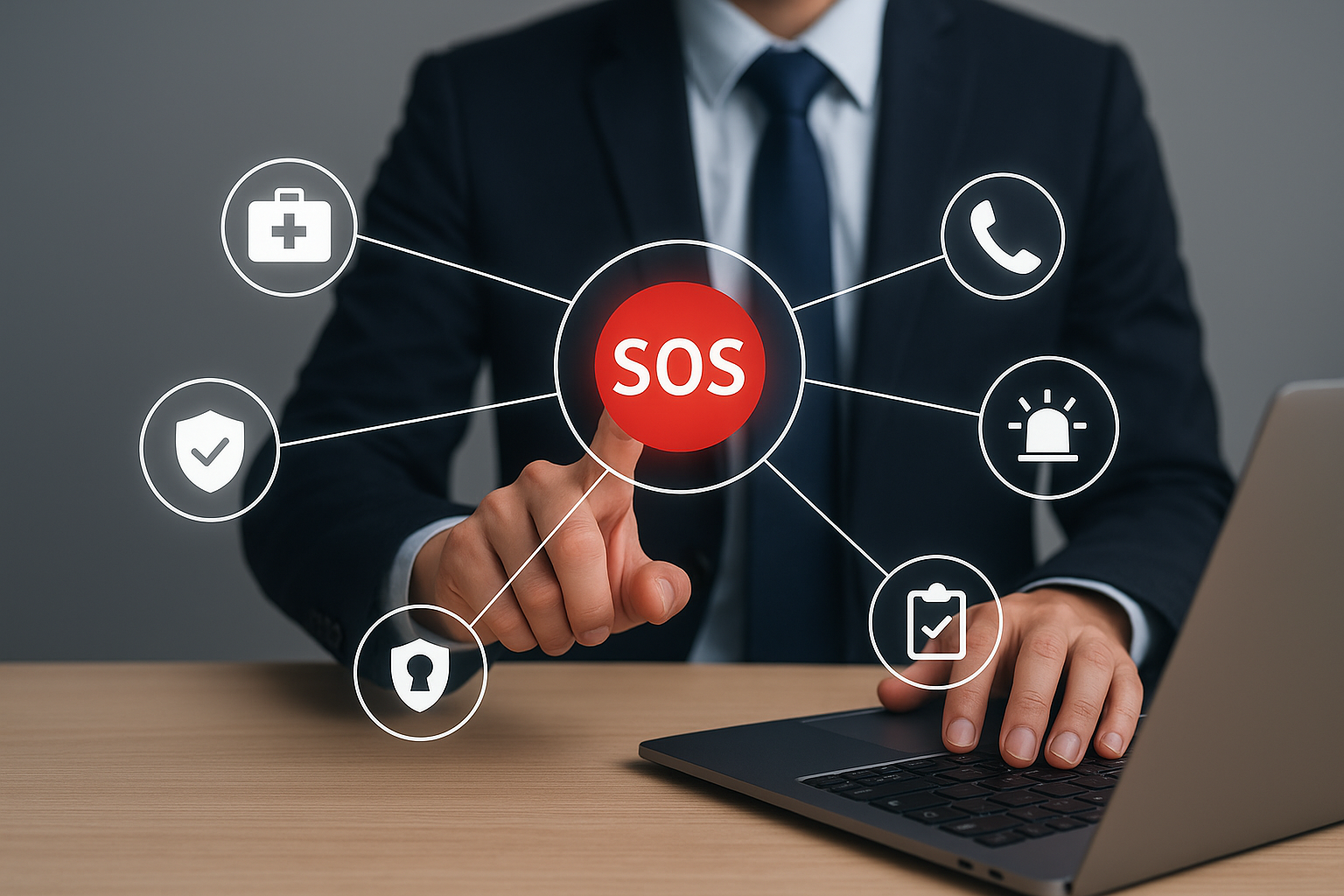
Law Enforcement Outreach: What It Is and Why Your Company Should Care
Do you know what a person responsible for Law Enforcement Outreach does?
You might imagine someone liaising with the police or providing information to the Public Prosecutor's Office. And you're not entirely wrong. This activity has been carried out ever since companies began to need to communicate with criminal justice agencies, often representing their legitimate interests. But for multinational companies, law enforcement outreach is a distinct function, with its own logic and a clear strategic role.
In this article, we explore what this term actually means, how it differs from areas like fraud prevention or advocacy, and why your company should be mindful of these distinctions.
Public-private interaction: a historical constant
Since time immemorial, there has always been a need for dialogue between private and public institutions. This should come as no surprise: in the modern state, public authorities have assumed the role of guardian of the common good and mediator of conflicts, whether between individuals or between the public and private spheres.
This communication (or, more broadly, institutional interaction) is legitimate and occurs across the three branches of government in a democratic state. In the Legislative branch, we see trade associations and government relations teams representing the interests of the productive sectors impacted by legislation enacted there. In the Judiciary, access to judges is provided through legal representation by lawyers and amici curiae (the so-called "friends of the court"). In the Executive branch, there is also room for dialogue: NGOs, public policy experts, and institutional relations professionals interact with public officials regularly.
It is in this last power that the work of law enforcement outreach (or liaison, a term often used synonymously) falls.
But what is Law Enforcement Outreach, after all?
Despite the anglicism, this function has been performed in Latin America for decades, sometimes by lawyers who also act as liaisons with the police or the Public Prosecutor's Office, but often by fraud-fighting teams, which are essential to the functioning of companies.
However, when multinational companies talk about law enforcement outreach, they're not referring to these activities. For them, advocacy and fraud investigation are very distinct areas, almost entirely separate from outreach.
This distinction may come as a surprise to professionals who have excelled in related roles for decades. But it's essential to understand it to avoid confusion, especially when dealing with multinational companies that follow well-defined international models.
The law enforcement outreach role in multinationals falls under the Trust and Safety area, not the compliance, legal, or fraud prevention area.
This is a professional who has in-depth knowledge of the logic of criminal investigation, and whose main function is to:
- Support the company:
- In making informed decisions, considering risks related to criminal justice;
- Engaging with authorities to present the company's operational boundaries.
- Being the institutional face of the company when police authorities or the Public Prosecutor's Office need it
- Understand flows, policies, or understand to what extent the company can collaborate with investigations within the strict limits of legality
- Manage expectations from a technical perspective regarding compliance with court orders or administrative requests, avoiding fines or precautionary measures.
Important:
Formal requests, such as those involving data processing or institutional manifestation, no are the responsibility of the outreach team. In these situations, the correct channels are departments such as LERT (Law Enforcement Response Team) or the legal department.
Outreach tends to be reactive, responding to external demands, especially from the public sector. However, there are times when proactive action is necessary. Common examples include:
- The public relations team needs support to clarify a sensitive matter with the authorities;
- The government relations team wants to open an institutional channel with a security secretary or law enforcement authority.
In these cases, outreach acts as a bridge with technical knowledge, institutional tact, and an understanding of the limits and potential of each party.
And the fraud teams, where do they fit into this?
This distinction is especially relevant in Brazil, where fraud prevention is much older than law enforcement outreach. Fraud teams often need to proactively engage with public authorities, typically the judicial police, but sometimes they must deal with other forces, such as the military police. However, it's crucial to clarify that fraud is generally a risk management front. This is because its entire institutional function is linked to protecting the company, not user security, which would typically fall under the umbrella of Trust and Safety. This difference changes the entire logic of operations, success indicators, goals, and, most importantly, the way they interact with the public sector.
And that's precisely why this English expression carries with it a significant amount of terminological confusion. The term "law enforcement outreach" carries a meaning very specific to Anglo-Saxon culture. It's a difficult concept to translate directly into Portuguese, as it comes from a different legal and cultural matrix than ours, which is based on the continental European model.
This technical and conceptual dive will be the subject of a future article, aimed at those who wish to delve deeper into this distinction.
If your organization is still unclear about how to structure a law enforcement outreach department, or if you, as a professional, still see overlap between different areas, Bluwall can help.
We support companies in building mature law enforcement relations structures, aligned with the best international standards.
Let's talk?
Contact Bluwall and start building a solid institutional relationship with the public sector.




